%20(Instagram%20Post%20(45))%20copy.jpg)
Read to find out the differences between fiberglass and concrete pools and the benefits of both
The Compass Pools patented ceramic composite technology creates enhanced strength, durability and chemical resistance – see the final section of this article for more about this.
There are limited shape and size options: Fibreglass pools are made in the factory before they get to your house, so there are a set range of shapes to choose from. These shapes are also limited by size (the width in particular) as they need to be able to be transported on the road, for example, the widest Compass Pool is 4.2m wide. However in saying that, you’ll find that most manufacturers have a fairly wide selection of shapes and sizes available and you
should easily find a pool that suits your needs. Ask your Compass Pools dealer about our unique customisation service where you can build beach entries, swim-outs and lounge areas into your pool design.
You can choose any shape or design: The main benefit of a concrete pool is being able to have any shape or design your heart desires. Your pool builder can tailor your design dreams to suit your space, as it’s all built on-site.
They look great: A new concrete pool looks very attractive, plus depending on your budget and tastes you can choose the finished surface, and there are a range of options from pebble to tile.
Concrete pools are strong: There’s no doubting that concrete pools are structurally strong, people have been building them for years and they last through generations.
The ongoing care and up-keep is expensive: There is a certain amount of ongoing maintenance required with a concrete pool. Quite a costly aspect of that maintenance is repainting or resurfacing your pool – which you need to do every ten to fifteen years.
The choice is yours – which way will you go?

If you own or are purchasing a portable pool, it is important you are aware of the requirements and comply with them
Read More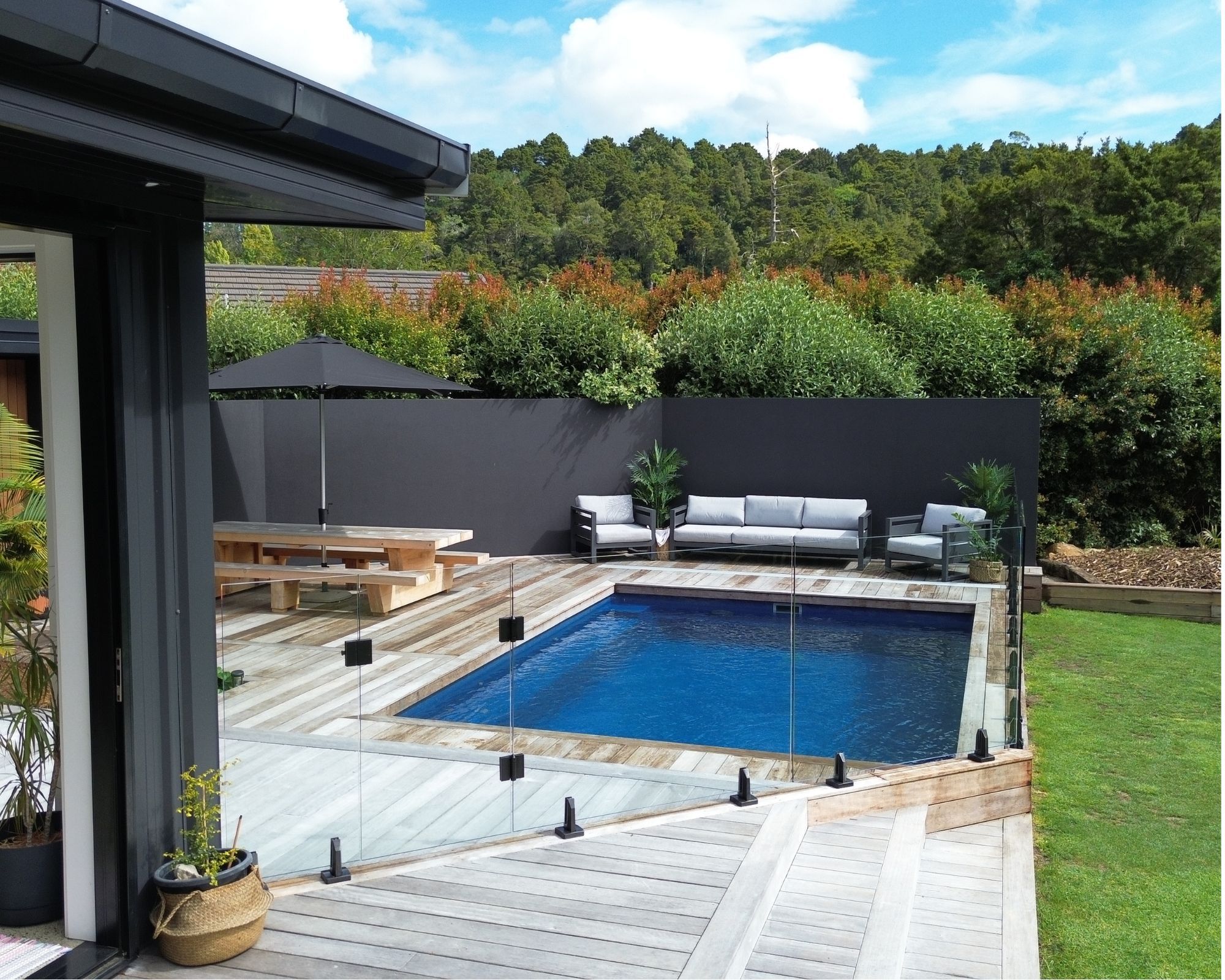
Owning a self-cleaning pool means you get more time to enjoy it and less time worrying about maintenance — but it’s not entirely “set and forget.” To keep your pool in top
Read More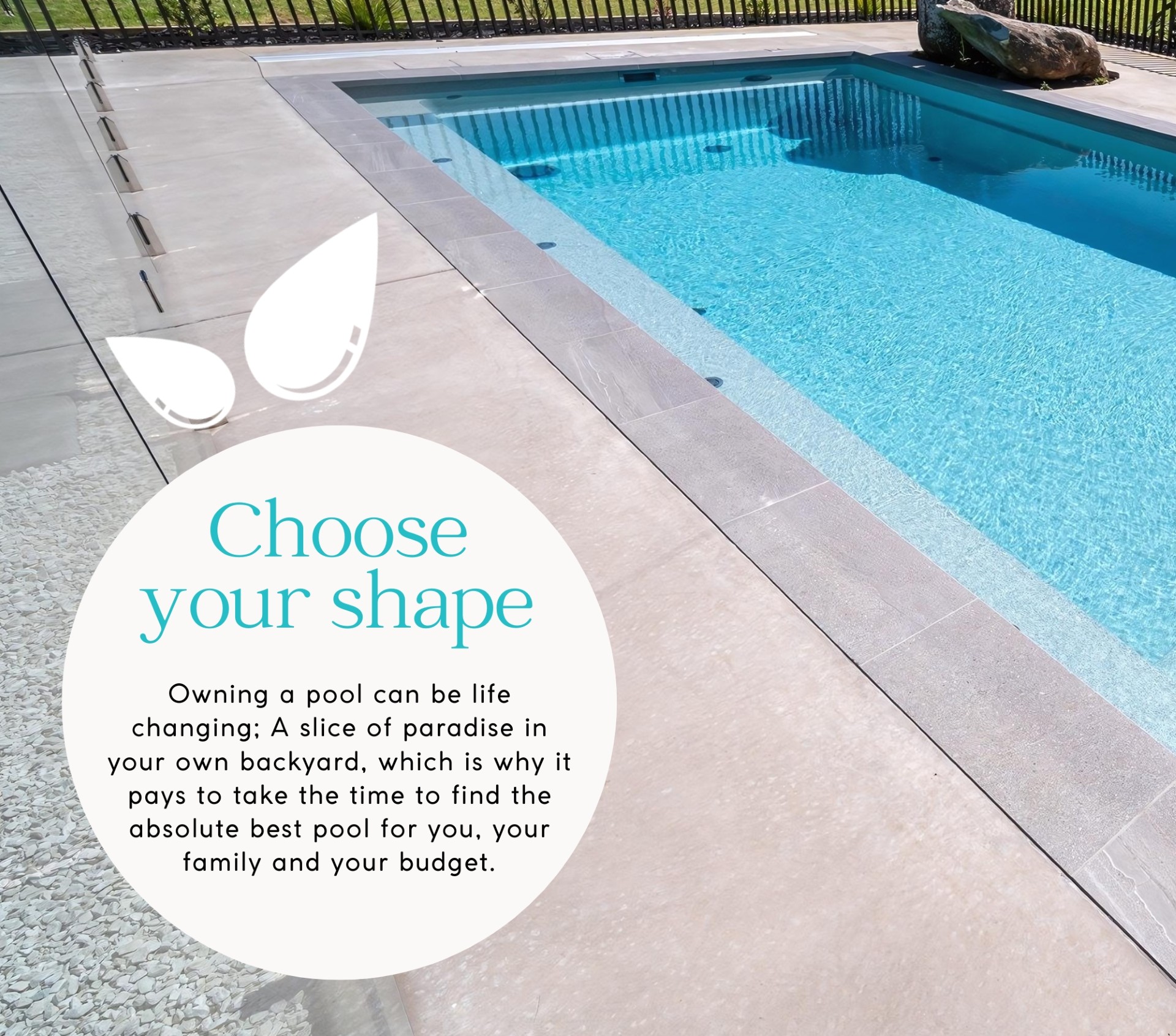
Once your pool is in the ground, it is there forever so it pays to carefully consider what shape and size will suit you best. S
Read More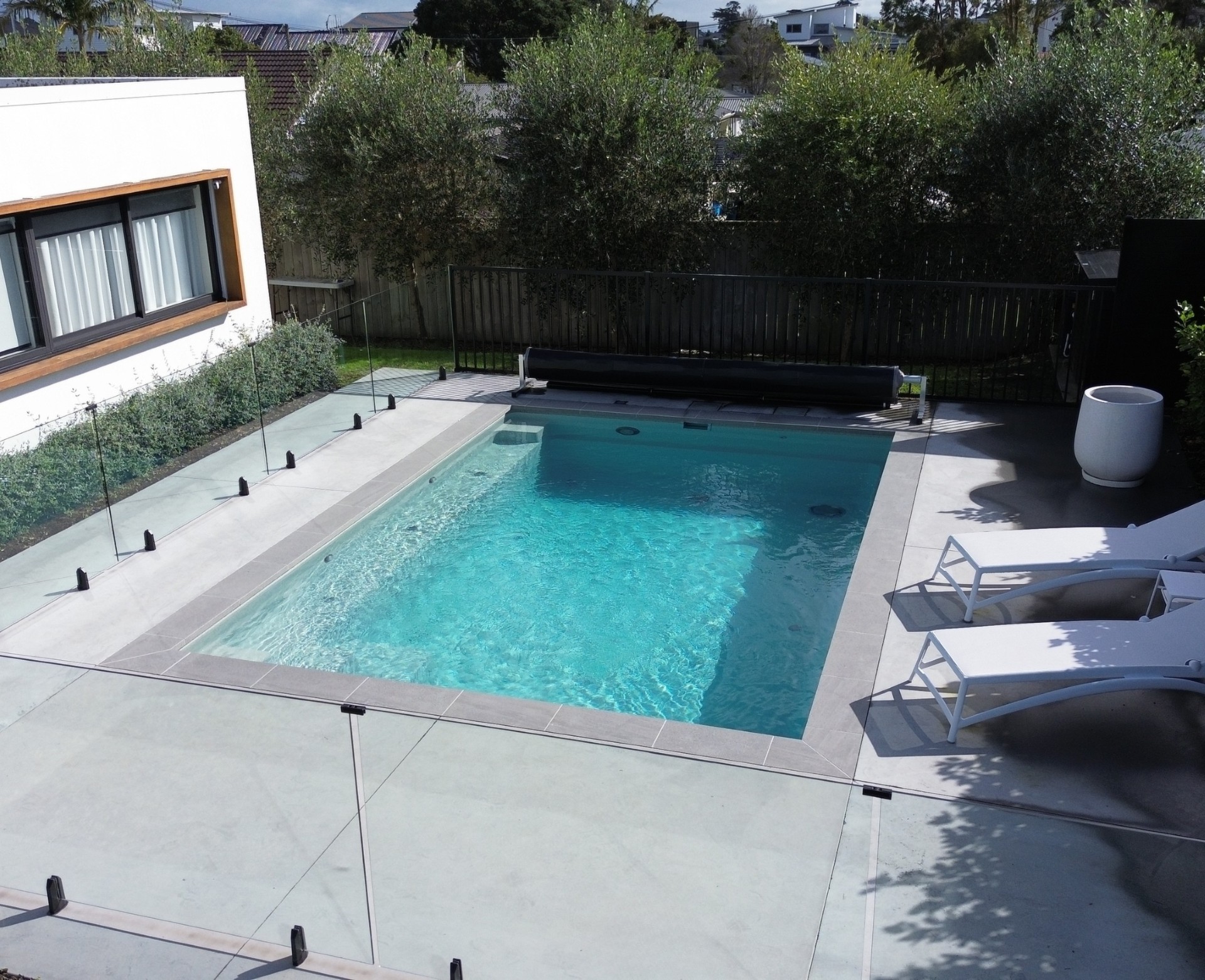
4 Important thing to consider when choosing the right pool for you
Read More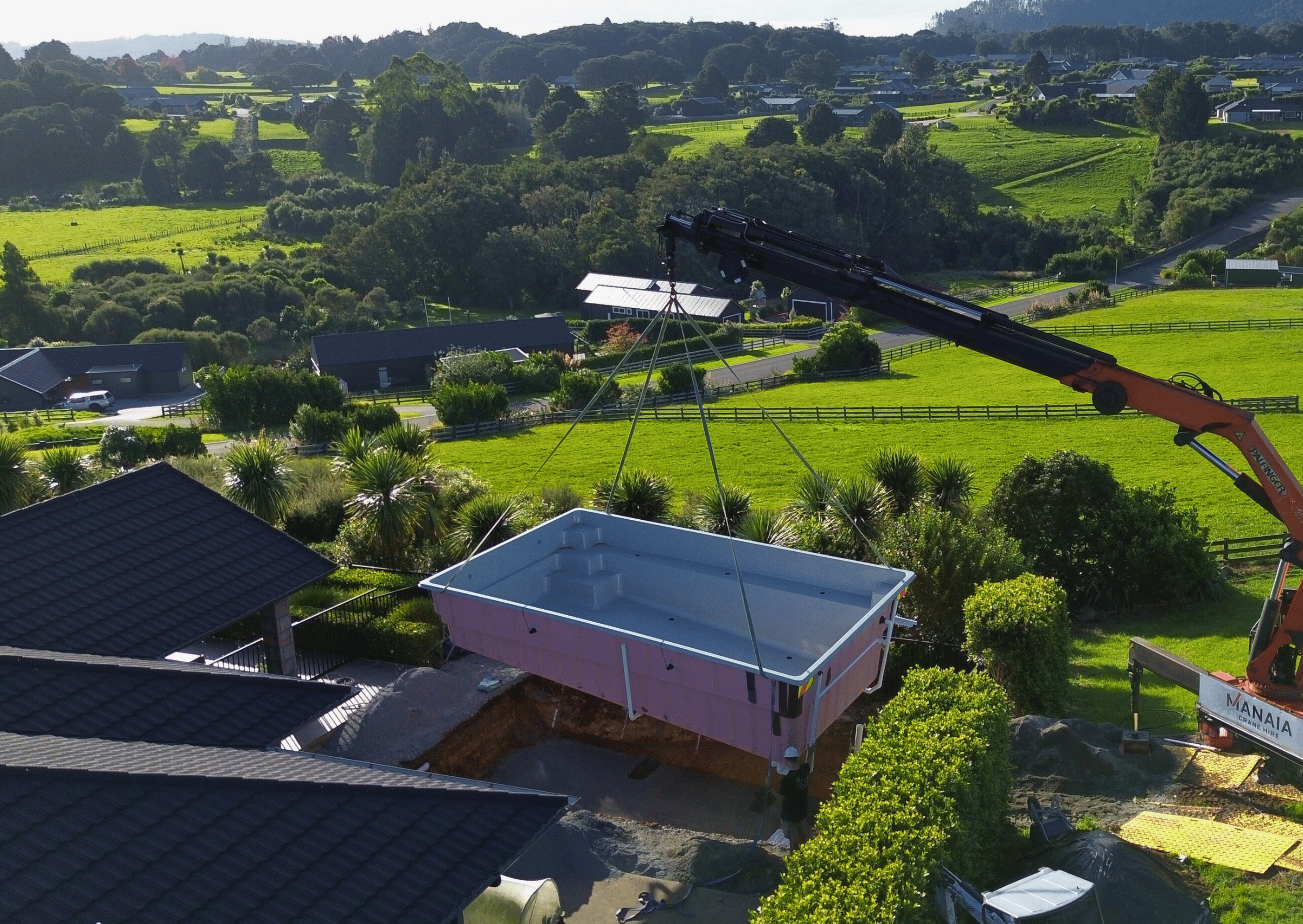
When planning your pool, a common question we hear is, 'How long will construction take? Several factors affect the timeline
Read More
Click here now for more information about how much does an swimming pool cost!
Read More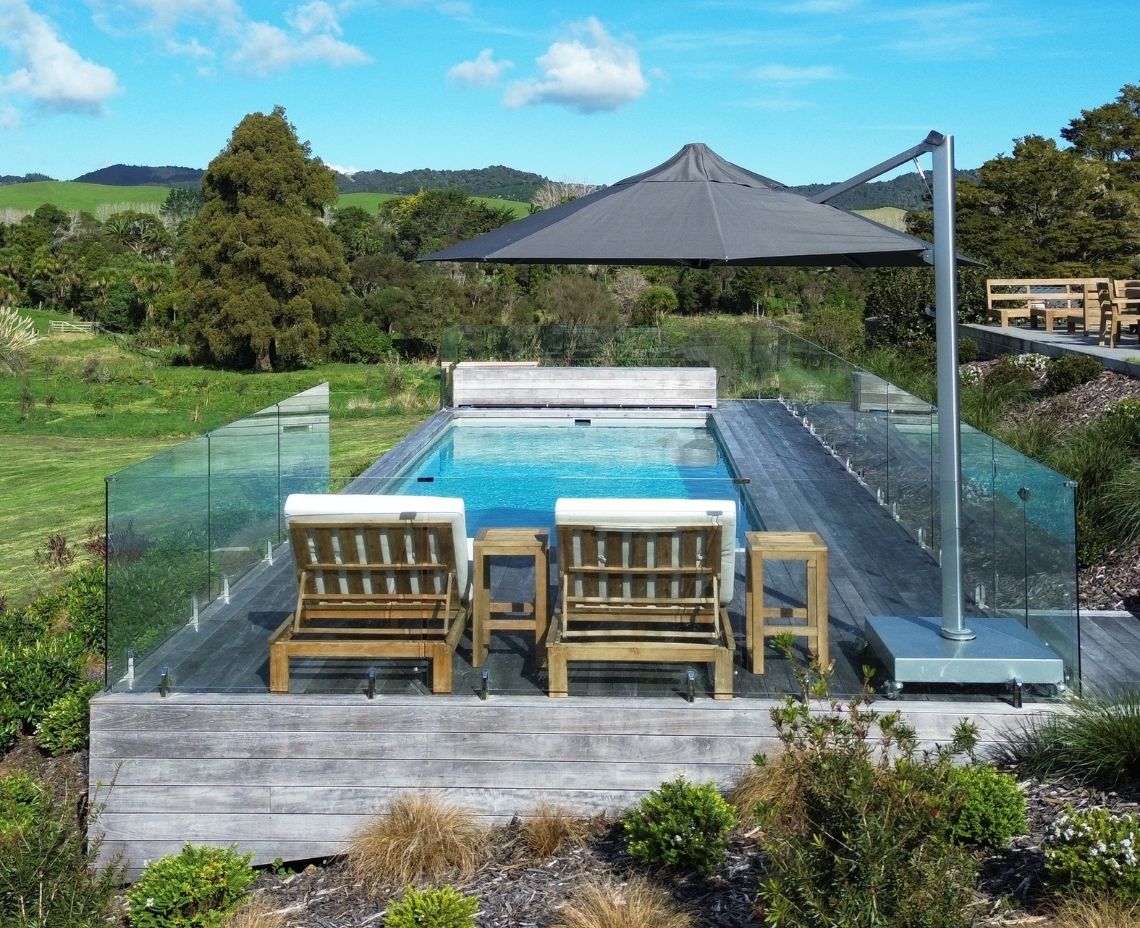
Sloped section? Wanting above ground but not the cost of a concrete pool? We have the solution for you!
Read More